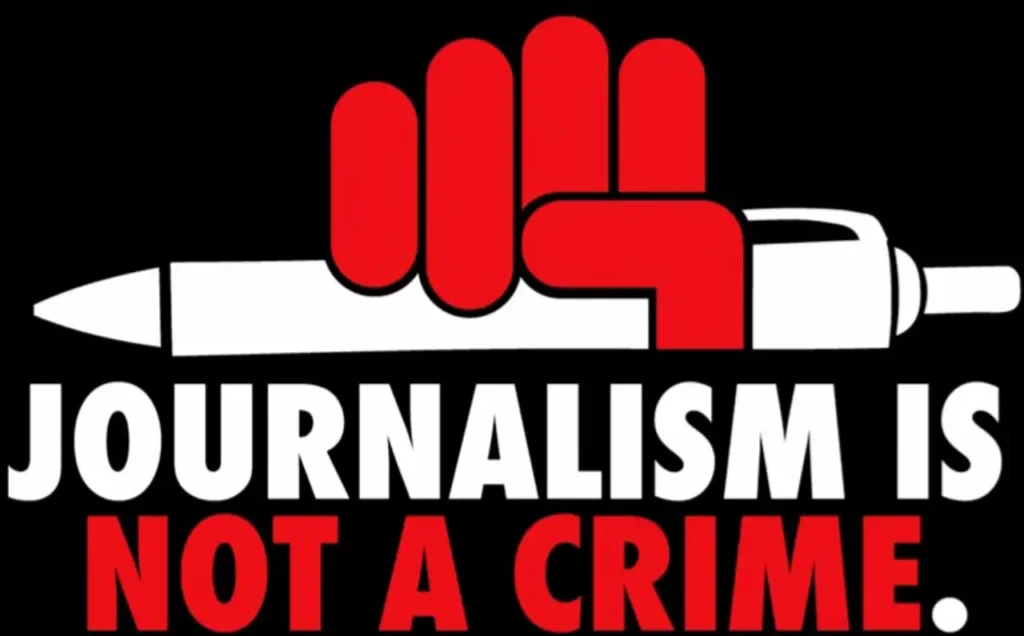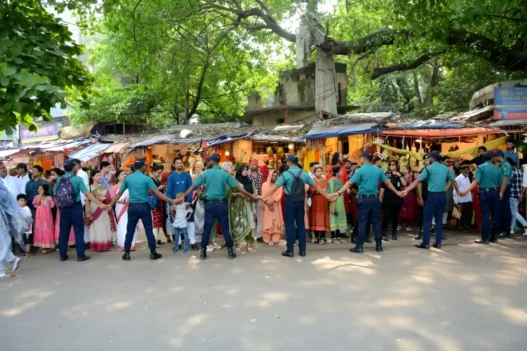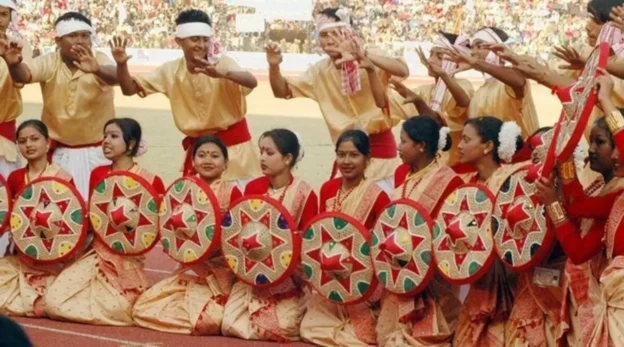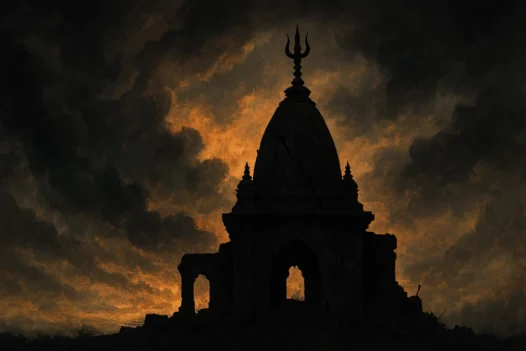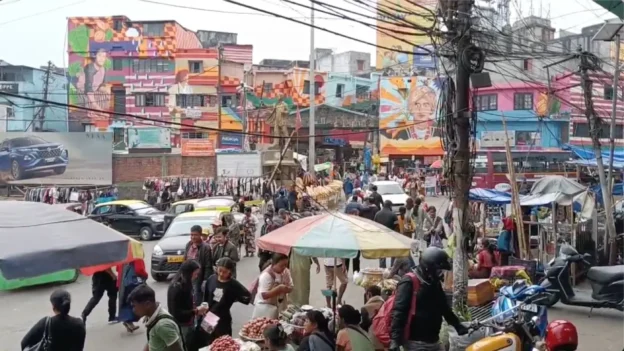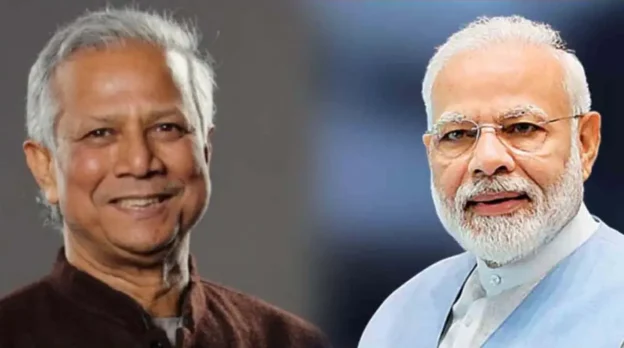Six months after a mass uprising ousted former Prime Minister Sheikh Hasina, Bangladeshi journalists continue to face escalating violence, legal threats, and government pressure.
While the interim administration initially promised reforms, press freedom advocates now warn that journalists remain under siege—from brutal attacks on the ground to proposed laws that could expand state control over the media.
In January 2025, the interim government introduced two cyber-related ordinances: the Cyber Protection Ordinance 2025 (CPO) and the Personal Data Protection Ordinance 2025.
While some controversial provisions—such as defamation clauses and warrantless searches—were reportedly removed, rights groups argue that the revised laws still pose significant threats.
The Global Network Initiative, of which the Committee to Protect Journalists (CPJ) is a member, warned that the draft CPO gives the government “disproportionate authority” to access user data and censor online content.
Journalists also fear that the data law will grant the government unchecked power over personal information, leaving media professionals vulnerable to surveillance and legal harassment.
“Democracy cannot flourish without robust journalism,” said CPJ’s Asia Program Coordinator Beh Lih Yi.
“Bangladesh’s interim government must deliver on its promise to protect journalists and their right to report freely.”
“Authorities should amend proposed laws that could undermine press freedom and hold the perpetrators behind the attacks on the press to account.”
CPJ reached out to Nahid Islam, the interim government’s adviser on information, communication, and technology, for comments on the ordinances, but received no response.
Amid these legislative concerns, journalists in Bangladesh continue to be brutally assaulted for their work.
On February 3, 2025, Shohag Khan Sujon, a correspondent for the daily Samakal, was attacked with a hammer and stabbed in the back after reporting on medical negligence at a clinic in Shariatpur district.
According to Sujon, the clinic owner restrained him while a group of men struck his ear with a hammer before stabbing him.
Three other journalists—Nayon Das (Bangla TV), Bidhan Mojumder Oni (News 24), and Saiful Islam Akash (Desh TV)—were also injured when they attempted to intervene.
On the same day, masked attackers armed with bamboo sticks and firearms assaulted four newspaper correspondents in Laxmipur district.
The journalists—Md Rafiqul Islam (Khoborer Kagoj), Abdul Malak Nirob (Amar Barta), Md Alauddin (Daily Amar Somoy), and Md Foysal Mahmud (Daily Alokito Sakal)—were covering a land dispute when they were ambushed.
The assailants stole their equipment and fired shots, injuring Mahmud’s left ear and leg with shrapnel.
Police arrested four suspects but later released two on bail. Laxmipur police superintendent Md Akter Hossain said authorities were working to apprehend additional suspects.
Journalists covering political protests and legal proceedings have also been targeted.
On February 5, 2025, supporters of the Bangladesh Nationalist Party (BNP) attacked journalists Javed Akhtar (ATN News), Hasan Jabed (NTV), and Azizul Islam Pannu (Deepto TV) outside the Supreme Court in Dhaka.
The reporters were covering the verdict of a high-profile case related to a 1994 attack on a train carrying former Prime Minister Sheikh Hasina.
The following day, another group of protesters assaulted Mohammad Omar Farok (Independent24 TV) and Syed Mainul Ahasan Maruf (Ekattor TV) while they covered the destruction of a museum linked to Hasina’s family. The police did not intervene.
Even law enforcement has turned against reporters.
On February 9, 2025, six journalists covering a student protest in Dhaka were beaten, punched, and kicked by riot police.
The victims—Kawser Ahmed Ripon (The Report Live), Asif Uz Zaman and Muhammad Mahadi (Kaler Kantho), Azhar Rakib (Bangladesh Pratidin), Mohammad Redwan (Jaago News), and Shimul Khan (Breaking News)—said officers targeted them despite their press credentials.
The journalists have filed a formal complaint against the police, but no officers have been held accountable.
Journalists in Bangladesh are also increasingly entangled in legal cases designed to silence critical reporting.
Four reporters are facing criminal defamation charges for publishing stories about alleged labor violations and illicit business practices.
The case was filed by Noor Nahar, director of Tafrid Cotton Mills Limited and wife of the managing director of Dhaka Cotton Mills Limited.
If convicted, the journalists could face up to two years in prison.
Neither Noor Nahar nor Md Hafizur Rahman, the police official overseeing the case, responded to CPJ’s requests for comment.
Bangladesh’s interim government, led by Nobel laureate Muhammad Yunus, has come under fire for its handling of press freedom.
In November 2024, authorities revoked the press credentials of 167 journalists in three waves between October 29 and November 7.
The Press Information Department offered no explanation, raising fears of an orchestrated crackdown.
Organizations like Reporters Without Borders (RSF) and the Editors’ Council condemned the move, warning that it would encourage self-censorship and weaken independent journalism.
RSF has also documented a surge in press freedom violations, including police brutality, legal intimidation, and online harassment.
Despite early optimism following the fall of Sheikh Hasina’s government, press freedom in Bangladesh remains precarious.
Journalists continue to risk their lives to report the truth, while the government faces growing pressure to uphold its commitment to democracy and media independence.
Source : The Chittagong Hill Tracts

